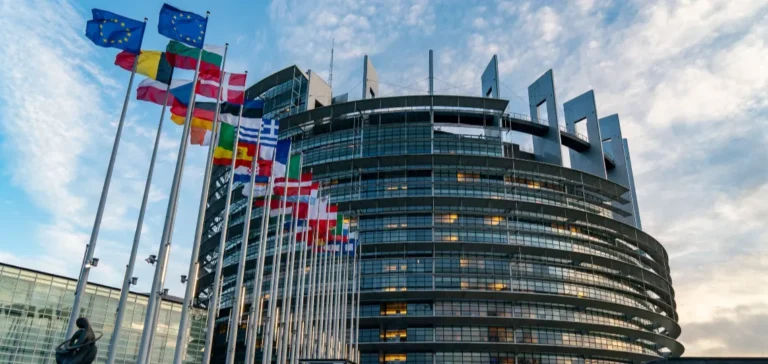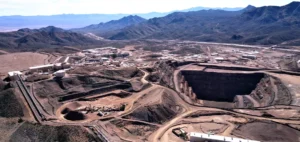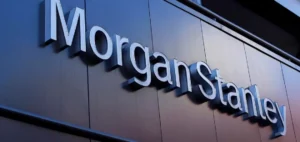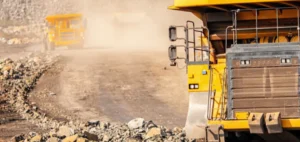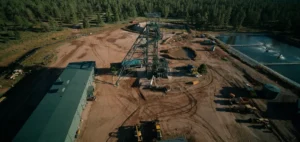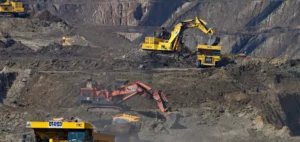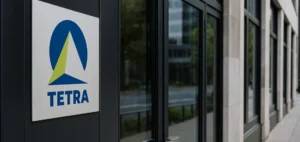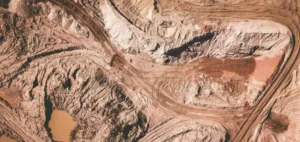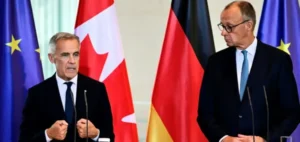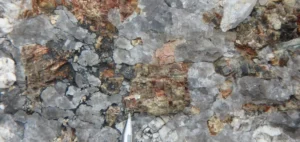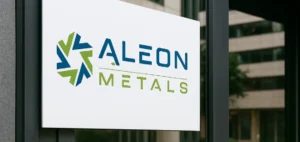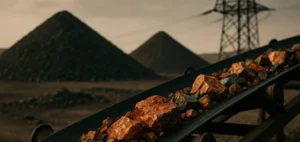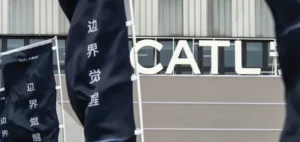The European Union has stepped up its criticism of China’s export controls on rare earths, described as a “racket” by French Minister for Europe and Foreign Affairs Stéphane Séjourné. European manufacturers consider these measures to transform an administrative mechanism into a pressure tool targeting key sectors such as automotive, renewable energy and aerospace. This position comes as China enforces a detailed licensing system for metals and technologies incorporating Chinese-origin components.
A complex export regime imposed by Beijing
The Chinese Ministry of Commerce (MOFCOM) now requires a specific export licence for every shipment of rare earths or processed products. This obligation covers oxides, alloys, permanent magnets and certain industrial technologies, including goods manufactured outside China containing Chinese components. The Chinese government cites national security concerns to justify the measures, aligning its approach with the practices of the United States’ Bureau of Industry and Security (BIS) and Office of Foreign Assets Control (OFAC).
In November, China suspended part of the new restrictions for one year, following negotiations primarily held with the United States. However, earlier rules adopted in the spring remain in effect. As a result, European companies operate under a partially frozen but still highly influential regulatory framework.
Persistent dependence among European manufacturers
China accounts for approximately 70% of global rare earth production and over 90% of refining capacity, giving it dominance over inputs used in electric vehicles, wind turbines and various military applications. European manufacturers continue to face limited domestic capacity, despite the presence of local players in transformation and recycling.
MOFCOM’s requirements compel firms to provide detailed information about end-uses, customers and supply chains. For European groups, these disclosures pose significant organisational challenges, as they involve sharing sensitive internal data and strategic market information.
The CRM Act and ambitions behind ResourceEU
The European Union aims to boost resilience through the Critical Raw Materials Act (CRM Act), which sets targets for extraction, refining and recycling within the EU by 2030. The proposed ResourceEU initiative, intended as a joint purchasing and coordination centre for critical raw materials, seeks to consolidate demand and build strategic reserves. However, it currently lacks dedicated funding and centralised authority.
Governance of the scheme relies heavily on individual Member States, which remain responsible for mining projects and commercial agreements. This structure limits the EU’s ability to engage in international negotiations for non-Chinese supply contracts on equal footing.
Industrial impact and market pressure
The regulatory tightening has already led to significant market fluctuations, with spot prices and the stock values of Chinese producers rising. European manufacturers must adapt their procurement strategies, increase stockpiles and integrate additional regulatory risk into their contractual arrangements. These adjustments tie up capital and may delay certain electric vehicle and energy infrastructure projects.
Additional costs linked to compliance clauses, administrative lead times and disclosure obligations add to pre-existing tensions in supply chains. Companies must also prepare for the possible full reinstatement of Chinese controls once the suspension period expires.
Potential for multilateral escalation
The “racket” label used by Brussels may support a broader debate on international trade fairness. It could pave the way for the application of the EU’s Anti-Coercion Instrument (ACI) or justify proceedings within the World Trade Organization (WTO). Any such move would require alignment among Member States and sufficient evidence to demonstrate that China’s measures are discriminatory or disproportionate.
International coordination is now crucial, as the United States, Japan and South Korea pursue independent strategies to secure supply chains beyond China. The European Union must assess its ability to protect its interests in a context of intensified competition for access to strategic metals.


